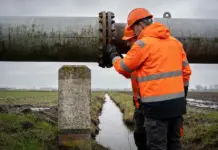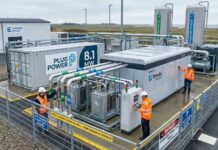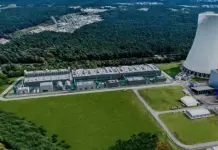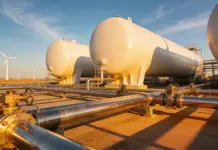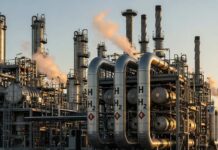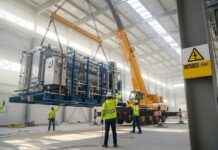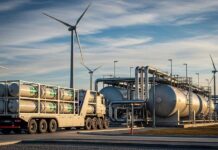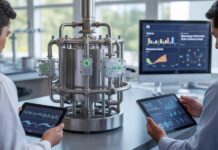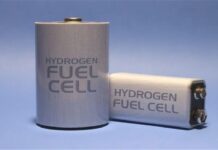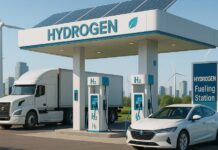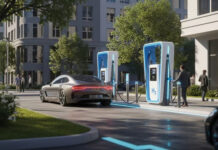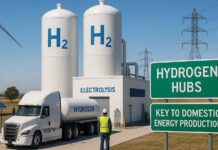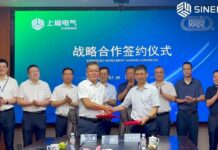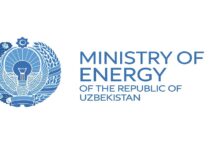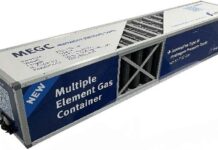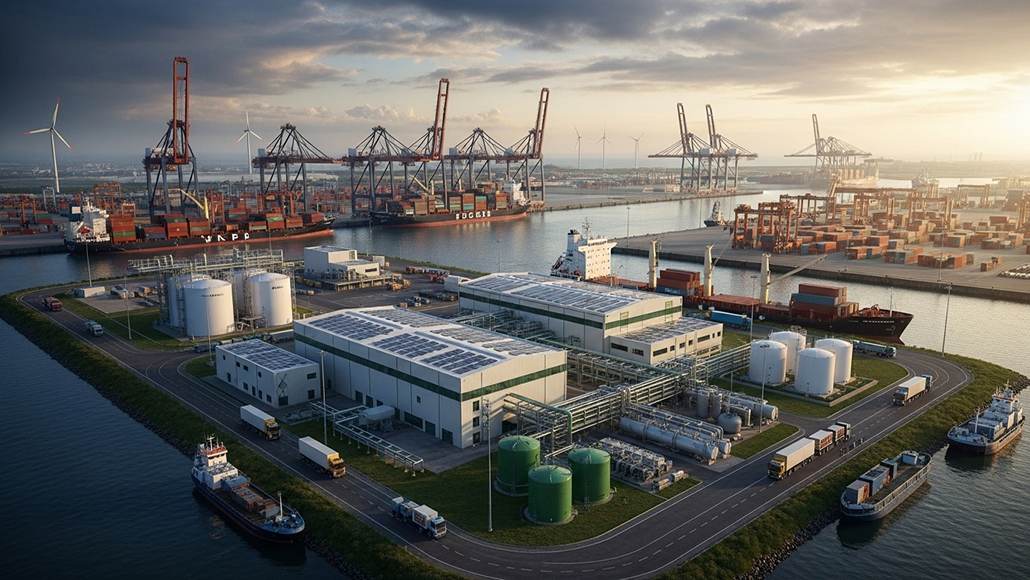The World Bank Board of Directors has approved a new green hydrogen project to support the strategy of the Government of Ceará and the Companhia de Desenvolvimento do Complexo Industrial e Portuário do Pecém (Pecém Industrial and Port Complex Company – CIPP).
The World Bank’s financial support is provided through an Investment Project Financing (IPF) instrument. The total amount of money is USD 134 million. This includes a USD 90 million loan from the IBRD, a USD 9 million grant from the IBRD Surplus-Funded Livable Planet Fund, a USD 33.5 million loan from the Climate Investment Funds (CIF) under the Renewable Energy Integration (REI) Program, and a USD 1.5 million grant from CIF REI.
This green hydrogen project puts Brazil at the forefront of the worldwide clean energy transition by allowing the Complex of Pecém to make clean hydrogen. It also creates employment, including everyone, and helps the planet in the long run.
CIPP is a large industrial and logistical centre in the state of Ceará in Northeastern Brazil. It will serve as a central hub for the green hydrogen project. It is in a good position to help with the energy transition, with backing from both the State and Federal Government.
The project funds critical infrastructure to facilitate private investment in clean hydrogen and derivatives production and relies on global best practices and integrates learning from World Bank-supported hydrogen efforts in Chile and India. It will help Brazil, and the region reach their clean energy goals and lower carbon emissions. It will also create opportunities for private sector investors, local businesses, and the community as a whole through economic benefits and climate benefits.
“This support from the World Bank represents a historic milestone for the Pecém Complex and for Ceará. We are making concrete progress in consolidating the green hydrogen hub, which positions Brazil as a leader in the global energy transition. This initiative strengthens our infrastructure, attracts investment, and creates real opportunities for the people of Ceará,” stated Max Quintino, President of the Pecém Complex.
Jorge Coarasa Bustamante, World Bank Operations Manager for Brazil remarked, “Ceará is embracing the future by investing in green hydrogen and building the policy foundations for a more sustainable, competitive, and inclusive economy. This program helps expand job opportunities and promotes clean growth, especially in regions historically left behind.”
The planned project is in line with Brazil’s revised Nationally Determined Contribution, the National Hydrogen Program, and the New Brazil Industry Policy. It also meets Brazil’s climate goals. It also fits with Ceará’s “Plano Verde” and the larger initiatives by the federal and state governments to support a clean energy transition that boosts economic and social growth by starting a clean hydrogen sector.
Ceará is one of Brazil’s poorest states, yet it is becoming an important participant in this field, which is necessary for decarbonising areas like transportation and manufacturing. The green hydrogen project uses the country’s potential for renewable energy and the CIPP’s strategic infrastructure to help with this change.

